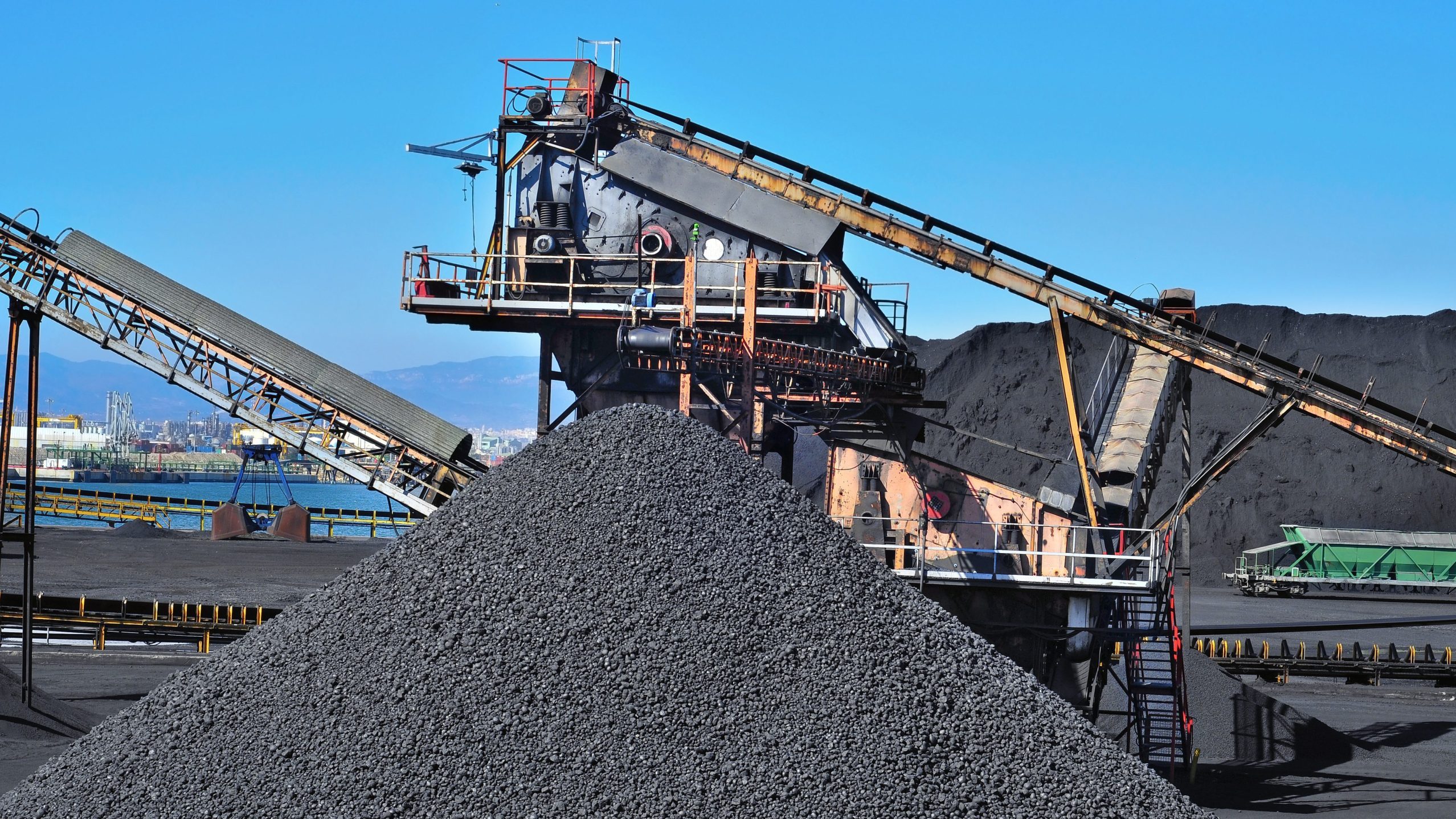Monday, a new academic study showed that coal has a tremendous positive impact on Alabama’s economy. M. Keivan Deravi, Ph. D., of Economic Research Services, Inc., performed the study for the Alabama Coal Association.
“Currently, the coal industry in Alabama directly employs more than 3,000 people and generates $370 million in annual payroll, for an average salary of more than $100,000 a year,” Deravi said. “Coal jobs are among the highest-paid positions in the state, around 1.6 times the average annual salary for workers in Alabama. The industry also generates approximately $69 million in taxes for the state.”
Alabama will celebrate its bicentennial as a state on Saturday. The coal industry has played a major part in that history and according to the report the state has 300 years of minable coal reserves that will allow coal to remain an important part of the state’s economy for generations of Alabamians not yet born.
The state of Alabama holds about 4 billion tons of economically recoverable coal reserves. 13.5 million tons of coal were mined in Alabama just year. 85 percent of Alabama coal is metallurgical, which is used to make steel. Just 15 percent of Alabama’s coal reserves are thermal, which is burned to produce electricity.
Alabama exports coal to Europe, South America, and Asia. The met coal in Alabama is some of the highest quality for steel making in the world.
Coal is Alabama’s largest export through the Port of Mobile. The McDuffie Coal Terminal generates approximately 50 percent of the total annual revenue earned by the Alabama State Port Authority.
The Port of Mobile seaport was the nation’s fourth largest for shipping coal exports.
Dr. Deravi’s study examined the effects of each coal job on local economies. The study included the direct, indirect and induced effects of that economic activity. The direct effects are the economic impact of the regular operation of a company. The indirect effects include the impacts on suppliers, vendors, or associated materials industries. Induced effects are result from positive changes to an economy that happen when a worker’s spending enhances a local economy.
Using those multipliers, the coal mining industry in Alabama has a total output impact of $2.9 billion a year , and a total economic impact of 15,000 full-time-equivalent jobs.
“Alabama is blessed with abundant natural resources,” said President of the Alabama Coal Association Patrick Cagle. “From the high-quality met coal we ship to steelmakers around the globe to thermal coal that fuels local manufacturers and power production, the coal industry continues to responsibly use our resources to create high-paying jobs, strengthen our economy and build better lives for hardworking Alabama families. We are pleased this report objectively quantified through real data the positive things we see every day in our business.”
Alabama Senator Greg Reed (R-Jasper) represents all or parts of Walker, Winston, Fayette, Tuscaloosa and Jefferson Counties, where most of Alabama’s coal is located.
Reed said that the state has a “long historical tradition of being blessed with hard-working coal miners.” Reed proudly calls himself “the coal senator.”
“Today, these miners are making high wages – starting at an average of around $85,000 a year – to support their families, which in turn helps boost local economies,” Reed said. “The coal industry fuels the growth of many suppliers and vendors and is pouring revenue into state budgets to help provide roads, bridges, schools and first responders.”
Reed is the Alabama Senate Majority Leader.
Dr. Deravi developed the Alabama Economic Forecasting Model and the Alabama input/ output model, used for 35 years by Alabama elected officials to generate state budgets. He is a retired professor of economics at Auburn University Montgomery. He is one of Alabama’s foremost economists.
Coal has been criticized by some environmentalists for allegedly contributing to air pollution and manmade climate change and have pressured political leaders to move away from burning thermal coal to produce electricity. Alabama’s high quality metallurgical coal however should be in demand for generations of Alabamians yet to be born.



















































